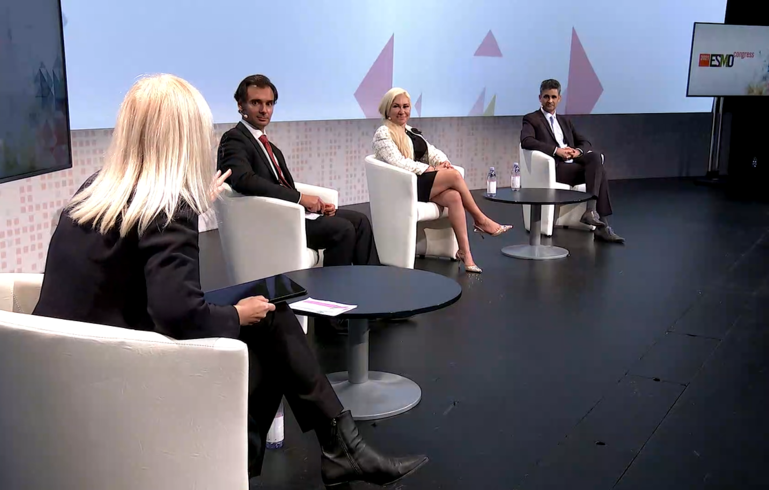
Possible changes in the standard of care for metastatic and non-metastatic prostate cancer
Addition of abiraterone acetate plus prednisone shows clear survival improvements in castration-sensitive prostate cancer
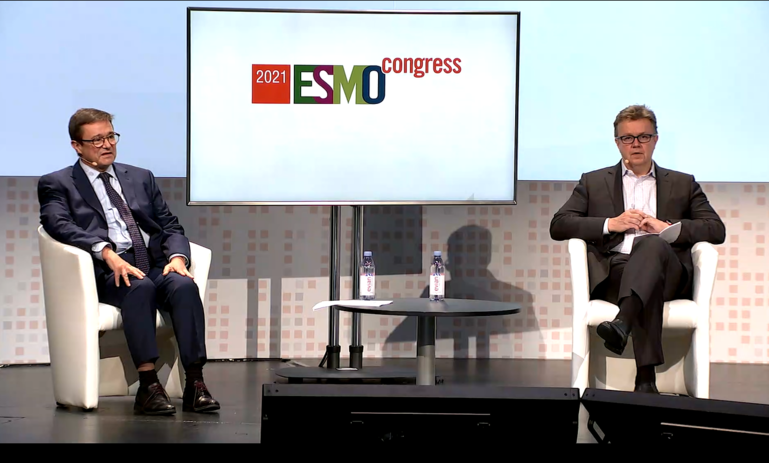
KRAS G12C inhibition shows potential for the improved management of advanced CRC
Good response rate and disease control with adagrasib and sotorasib in combination therapy shown in early-stage trials
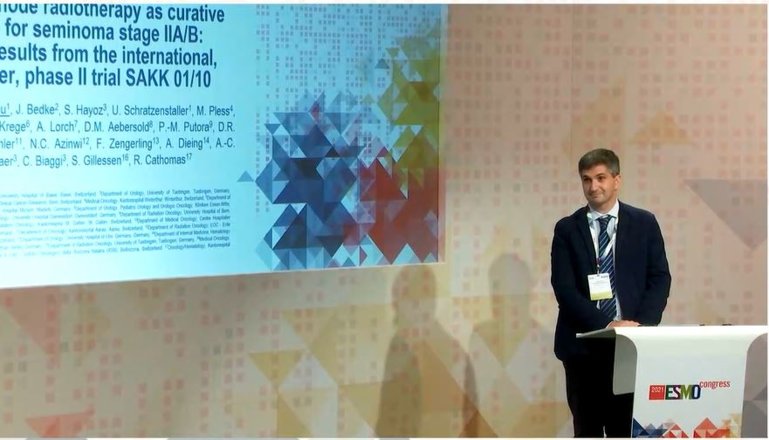
De-escalated treatment improves the management of stage IIA/B seminoma
Results from the SAKK 01/10 trial demonstrate favourable progression-free survival and low toxicity with single-dose carboplatin and involved-node radiotherapy
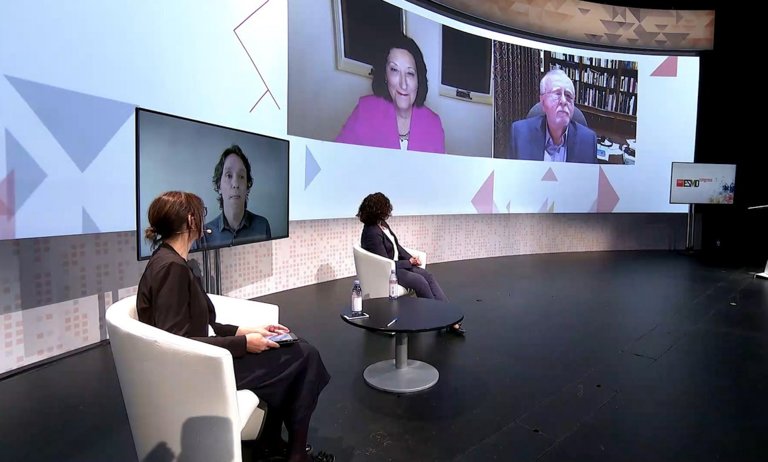
Longer survival benefit with pembrolizumab plus chemotherapy in TNBC
Final overall survival results from the KEYNOTE-355 study confirm immune checkpoint inhibitors as the first-line treatment of choice in women with metastatic or relapsing disease

Early CDK4/6 inhibitors are not inferior to chemotherapy in HR+/HER2- metastatic breast cancer
Seemingly disappointing survival findings in the final results from the PEARL study are balanced by better quality of life with combination therapy
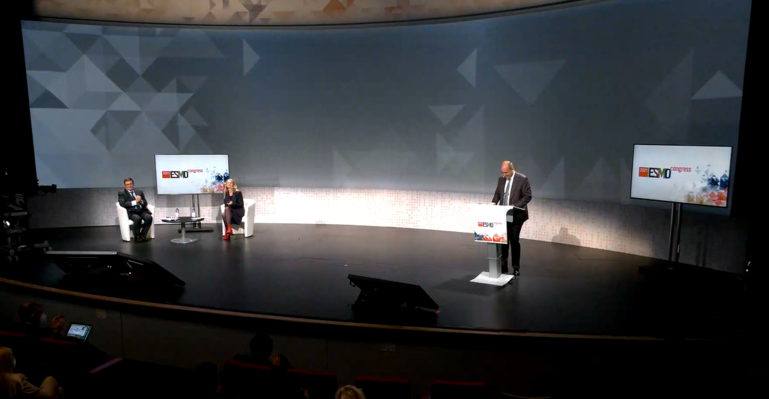
Phase III data highlight the promise of antibody–drug conjugates in metastatic breast cancer
Significant progression-free survival benefits in pre-treated HER2-positive metastatic disease reported in the DESTINY-BREAST03 and SYD985.002/TULIP trials
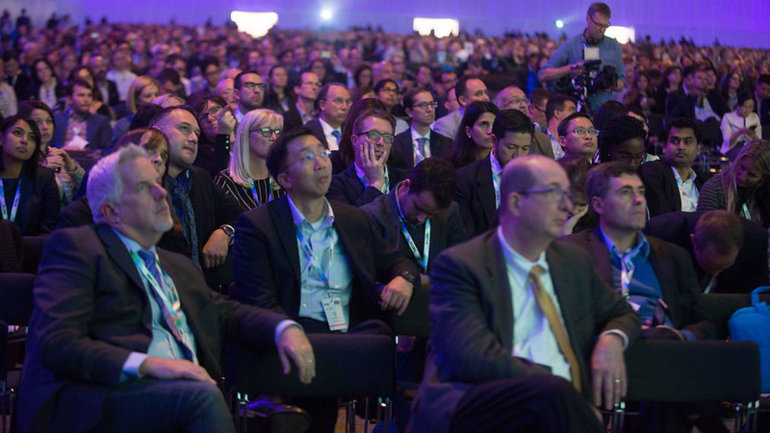
Liquid biopsy: novel approaches for early detection of cancer
Multi-omics approaches incorporating cell-free DNA and circulating tumour DNA show potential in early cancer detection and could help personalise treatment by tumour characteristics
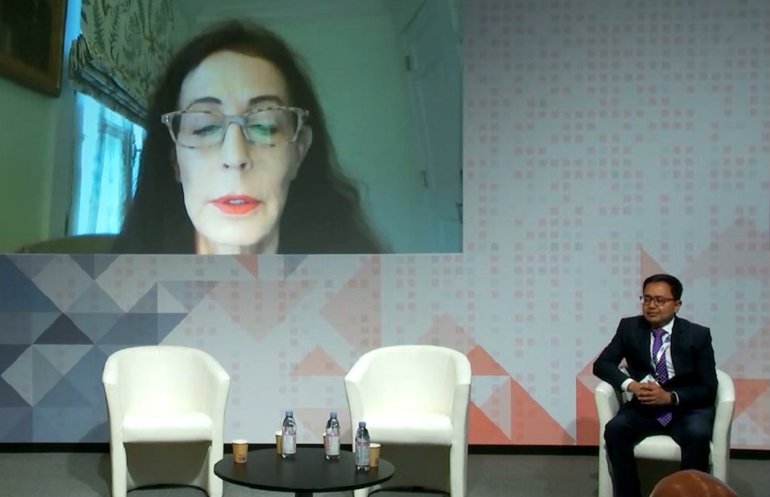
Cautious optimism for new ICI-based combinations in mCRPC treatment
Early-phase studies, COSMIC-021 and CheckMate 9KD, show promising results in men with prostate cancer, but patient selection is key

The tipping point of cancer biomarker quality
Too often the access to quality biomarkers is undermined by poor knowledge on the need for quality assurance. Relying on the assumption that biomarkers bring ‘innovation’ without claiming quality may be appealing to some, perhaps not really to medical conservatives – and not to patients, for sure.
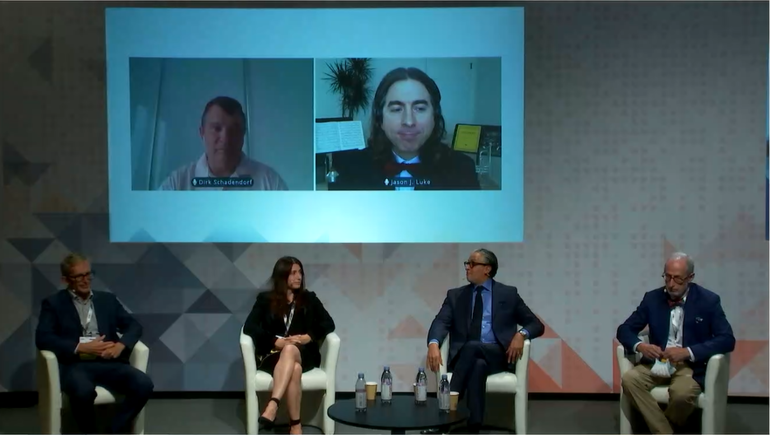
Adjuvant pembrolizumab prolongs relapse-free survival in resected stage II melanoma
Immunotherapy was associated with a significant reduction in the risk of disease recurrence compared with placebo in patients with melanoma
